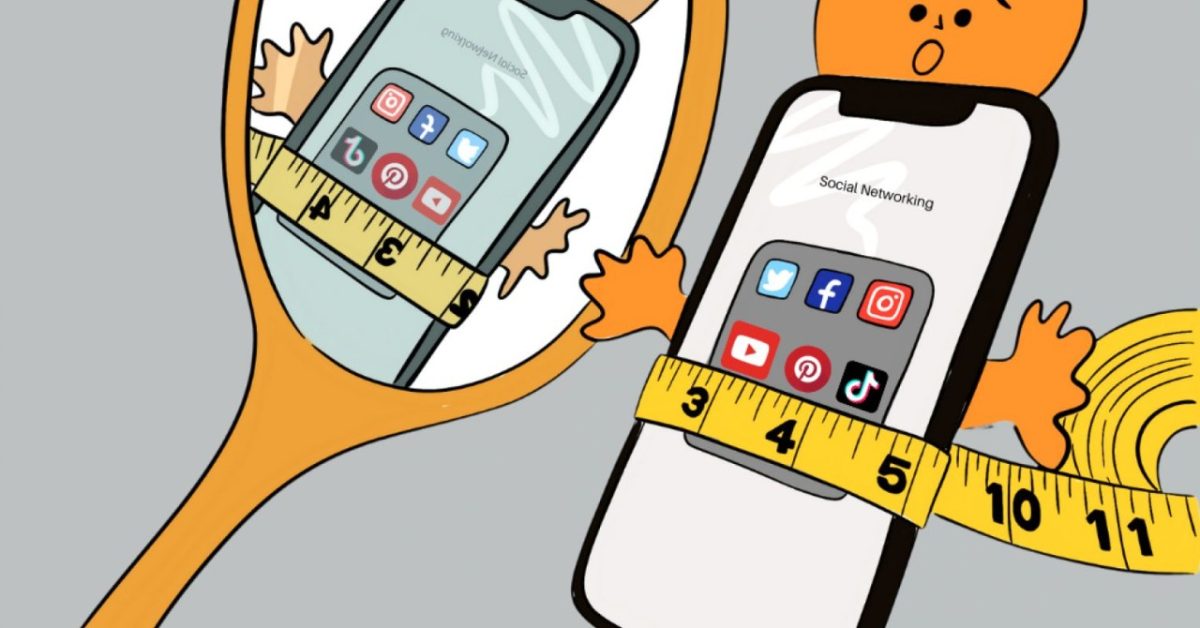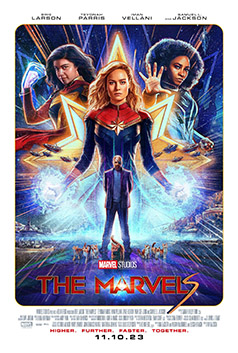Since the first “Iron Man” movie 2008 was released in theaters to both critical acclaim and resounding box office success, Marvel has been a tour-de force in the entertainment industry. All the movies have made a huge impact on not only pop culture, but the box office in total of all 32 movies have amassed over 29.6 billion dollars, making it the highest grossing film franchise of all time. Even with all these accomplishments, Marvel finds themselves in a tough spot, more than they have ever been before.
With the release of “Ant Man Quantumania” earlier this year in theaters and “Secret Invasion” in the summer on Disney Plus, Marvel has been hit with both low critical reviews, low box office and low viewership. These two projects have surely been some of the worst receptions they have ever received on their projects ever.
Now, there is no doubt that Marvel Studios has dominated the box office for over a decade with its powerhouse franchise. However, recent projections for the upcoming film “The Marvels” suggest a potentially disappointing opening weekend, spawning discussions about the possibility of audience fatigue towards Marvel content. The Marvels is predicted to reach around 75-80 million in its opening weekend domestically at the box office. This is a far cry from the huge openings Marvel have been consistently having for some time now. But is this truly an indication of Marvel fatigue, or are other factors at play?
One argument against the notion of Marvel fatigue is the idea that as the MCU has expanded, so too have audience expectations. After the monumental success of “Avengers: Endgame,” it is natural that subsequent films may struggle to generate the same level of excitement. It is important to consider that “The Marvels” is not a sequel to “Captain Marvel” alone but also includes new characters, potentially requiring more time for audiences to invest in their narratives.
I sat down with my brother, Andre Okogho, a fellow Marvel Fan, to discuss this matter.
“Recently, I have just been disillusioned with all the amount of content they have released. Andre laments. I am just over it. The content we have been receiving these last years is not nearly as good as it was in Pre-Avengers Endgame. It feels they are going for quantity over quality, and that is not how it felt before. I didn’t even know The Marvels was coming out.”
A factor at play may be the sheer volume of Marvel content being released in a compressed time frame. Marvel has shifted from a film-focused model to a multi-platform strategy, regularly releasing films, TV shows, and even streaming series. This saturation could contribute to a perceived decline in interest or audience fatigue, as viewers may feel overwhelmed or struggle to keep up with the constant influx of new content.
While Marvel films have traditionally garnered positive reviews, each project is unique and subject to individual critical analysis. It is important to recognize that not every film will resonate with every critic. Mixed critical reception does not necessarily indicate fatigue; it could reflect a variance in storytelling styles, execution, or even subjective tastes. Audiences may still find enjoyment and connect with Marvel films despite critical divergence.
It is also crucial to consider external factors that may influence box office performance, especially given the COVID-19 pandemic. The film industry has faced significant challenges, with shifting release schedules, limited theater capacities, and transformed viewing habits. These circumstances pose unique obstacles for any film’s box office potential, and “The Marvels” is not exempt from these challenges.
While “The Marvels'” relatively low box office projections may raise eyebrows, it is crucial not to jump to conclusions about Marvel fatigue. The evolving nature of audience expectations, market saturation, varying critical reception, external factors, and Marvel’s consistent success should all factor into this discussion. Marvel Studios continues to announce exciting projects that generate anticipation, suggesting that the future of the MCU is still bright.
Should the low box office projections of “The Marvels” be a cause for concern? That is up to one to decide upon their own analysis. The Marvels low box office projections should not be seen as a definitive sign of Marvel fatigue, rather it can be audiences’ elevated expectations, and external factors all contribute to shifting box office dynamics. It is imperative to look beyond a single film’s performance and consider the broader context of the Marvel Cinematic Universe. As Marvel continues to innovate and evolve, it is poised to adapt to changing audience tastes and retain its position as one of the most successful franchises in cinematic history.





































